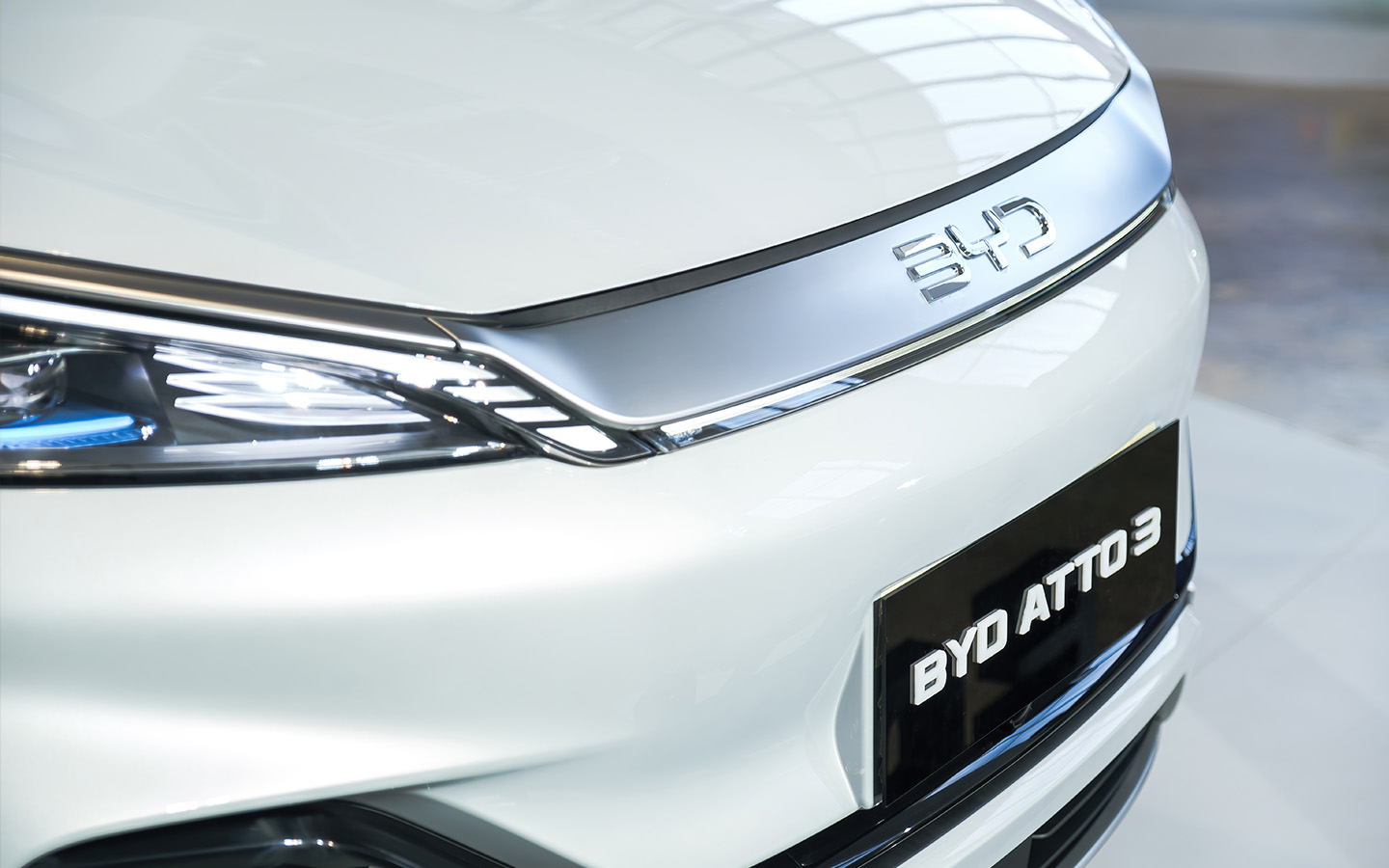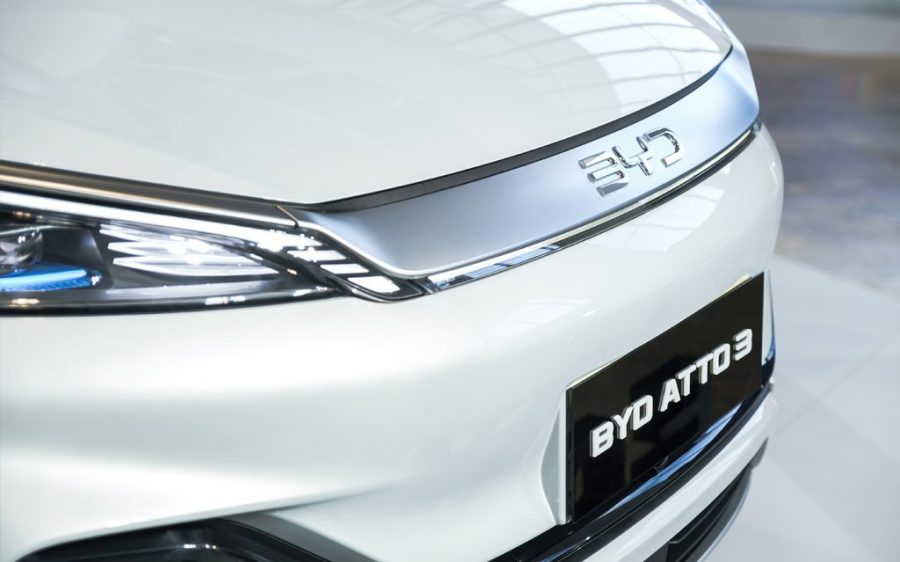In the latest round of failed talks between Beijing and the EU, Chinese officials in Europe to negotiate pending tariffs on electric vehicles (EVs) have returned home without a deal, the South China Morning Post reports.
The country’s Ministry of Commerce has confirmed that talks had not produced “a solution acceptable to both sides.” The EU is now expected to start enforcing tariffs of up to 35.3 percent on Chinese-made EVs (on top of an existing 10 percent imposed on all vehicular imports) by the end of the month.
Insiders told the Post that talks have been at an impasse because China is hoping for an umbrella deal that would set a rate for all EV exporters, while the European Commission is insisting that individual companies must reach agreements on their own.
[See more: China penalises European brandy in the wake of EU tariffs on electric vehicles]
“If the EU conducts price commitment negotiations with some companies separately while negotiating with China, it will shake the basis and mutual trust of the negotiations,” the Ministry of Commerce said.
The face-off is the result of a lengthy investigation by the European Commission, which claims to have found that state subsidies given to Chinese EV makers allow them to unfairly undercut other manufacturers’ prices. The bloc has since proposed that additional tariff rates vary by manufacturer, depending on how well each individual company cooperated with the investigation.
Beijing has strongly denied allegations that its EV makers have an unfair advantage on the open market, describing any resulting tariffs as protectionist behaviour that will only serve to endanger climate-change goals and raise the cost of switching to an EV for European consumers.






